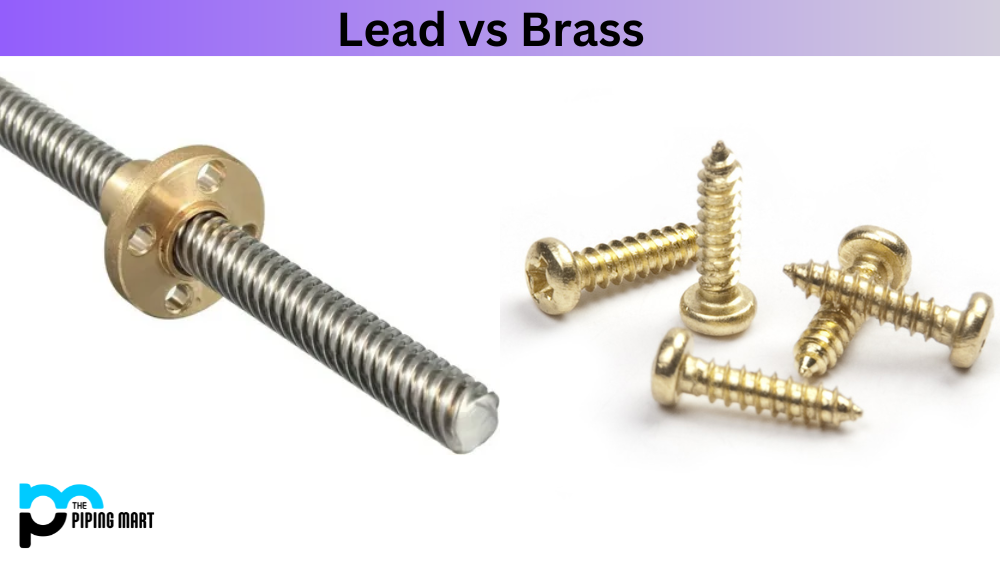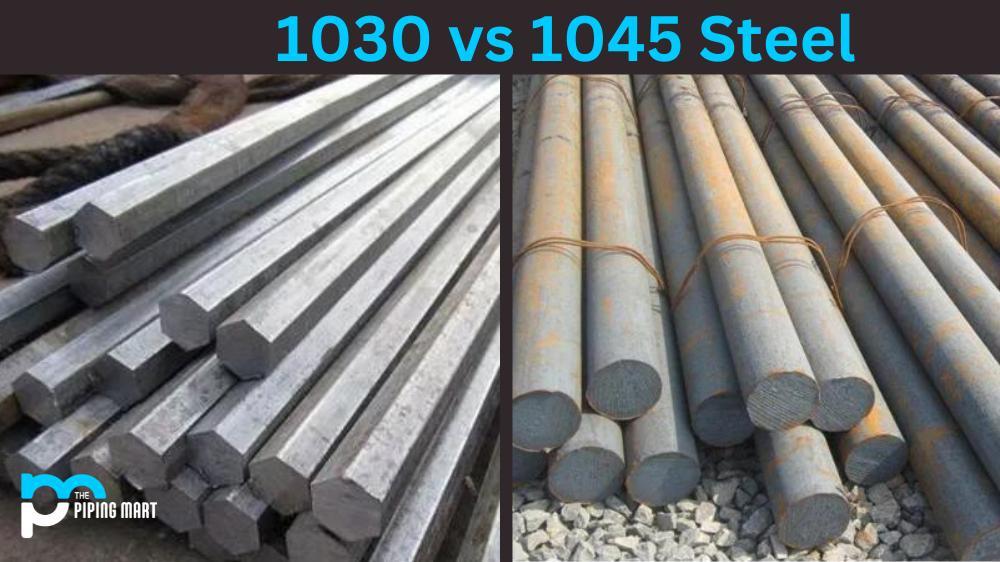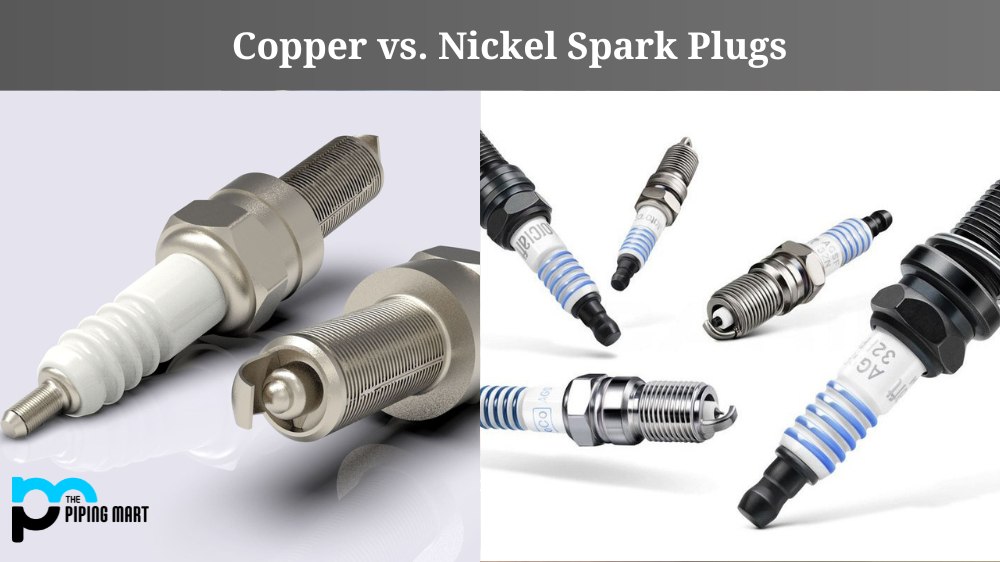One of the most crucial decisions for any musician is finding the right tone for their music. It’s essential to achieve a sound that suits your playing style and the genre you’re playing. In brass instruments, two popular materials have different tonal properties – lead and brass. Both these materials have unique characteristics and benefits, but which is better for your music? In this blog post, we’ll look closely at lead and brass and help you decide which is best suited for your needs.
What is Lead?
Lead is a dense, malleable, and soft material that produces a darker and richer tone than brass. It’s usually used in trumpets, cornets, and flugelhorns in the lead section of a band. Lead instruments are often preferred in jazz and marching bands because of their warm tone and softer sound. Lead instruments have a unique quality of blending well with other instruments, which makes them ideal for playing in a group.
What is Brass?
Brass is an alloy made of copper and zinc, and it’s harder and denser than lead. Brass instruments produce a bright, resonant sound for classical, orchestral, and brass bands. Brass instruments like the trumpet, trombone, and tuba are often used as solo instruments in jazz and blues. The brighter sound of brass instruments makes them ideal for soloing and standing out in a mix.
Advantages and Disadvantages of Lead and Brass
One of the main advantages of lead instruments is their ability to blend well with other instruments. This makes them ideal for playing in a group, and the warm sound adds depth and richness to any mix. However, lead instruments are softer and can only project sound over short distances. This makes them less suited for playing in large concert halls or outdoor events.
Meanwhile, brass instruments produce a brighter sound ideal for soloing and standing out in a mix. They’re also louder and can project sound over long distances, making them ideal for outdoor performances. However, brass instruments sometimes sound too brash or harsh, which may only suit some genres.
Difference Between Lead and Brass
- Lead is a soft, malleable metal easily moulded into various shapes. It is also very dense, making it ideal for Bullets and other projectiles.
- Brass is an alloy of copper and zinc and is much harder than lead. It is often used in musical instruments and plumbing fixtures due to its corrosion resistance.
- Lead is a toxic metal that can cause health problems if ingested or inhaled. Exposure to lead can damage the brain, kidneys, and nervous system.
- Brass does not contain any lead and is, therefore, a safer option for use in products that may come into contact with food or water.
- Lead is often used in fishing weights and sinkers due to its density. It can also be used as a radiation shield due to its ability to absorb X-rays and other forms of radiation.
- Brass is commonly used in decorative items such as door knobs and picture frames. It can also be used in coins and jewellery due to its attractive golden colour.
- Lead poisoning is a serious health problem, particularly in children exposed to lead paint or dust from old leaded pipes. If you suspect you or your child has been exposed to lead, it is important to seek medical help immediately.
- While brass does not pose the same health risks as lead, it can still cause skin irritations in some people.
Conclusion:
Choosing between lead and brass depends on the context of the music you’re playing. They both have their unique qualities and benefits, but neither is objectively better than the other. Knowing your playing style and instrument’s characteristics is essential to make the right choice. Use this guide to help you decide which material is better suited for your music, and experiment with different instruments to find your perfect tone.

Abhishek is a seasoned blogger and industry expert, sharing his insights and knowledge on various topics. With his research, Abhishek offers valuable insights and tips for professionals and enthusiasts. Follow him for expert advice on the latest trends and developments in the metal industry.




